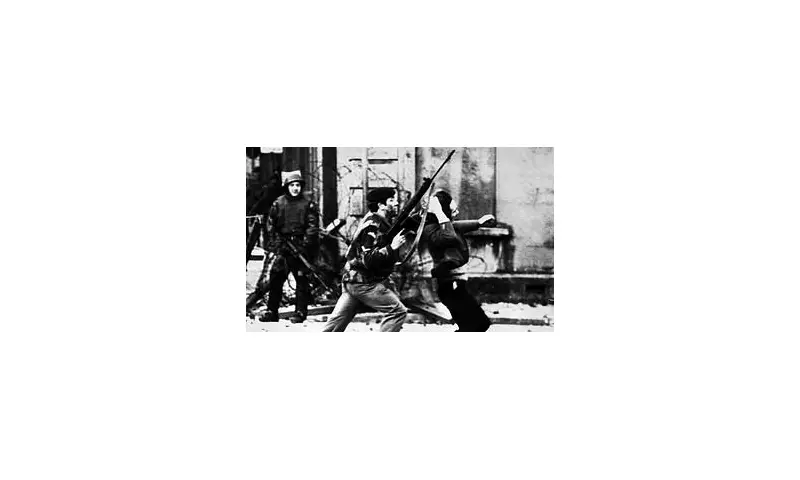
A political storm has erupted after Labour's proposed deal for Ulster veterans was revealed, drawing furious condemnation from military advocates and political rivals alike.
The controversial plan, which would offer immunity from prosecution to former soldiers who testify about their actions during the Northern Ireland Troubles, has been branded a 'shameful betrayal' of those who served.
Backlash from Military Communities
Veterans' groups have reacted with outrage to the proposal, arguing that it effectively creates a 'hierarchy of victims' while failing to provide true justice for service personnel. The move has been interpreted as attempting to draw a line under historical investigations into military conduct during the three-decade conflict.
Major military charities have expressed profound disappointment, suggesting the deal prioritises political expediency over the welfare of veterans who have already faced decades of uncertainty and legal challenges.
Political Fallout Escalates
Conservative MPs and unionist politicians have seized upon the proposal, accusing Labour of sacrificing veterans' interests for political gain. The controversy has sparked heated debate in Westminster about how to address the legacy of the Troubles while respecting both victims and those who served in the security forces.
Critics argue the immunity deal would create an unfair two-tier justice system, granting protections to soldiers while leaving other participants in the conflict subject to full legal scrutiny.
Complex Legacy of the Troubles
The Northern Ireland Troubles, which lasted from the late 1960s until the Good Friday Agreement in 1998, resulted in over 3,500 deaths and left a complex legacy that continues to challenge politicians and communities. The question of how to address historical cases remains deeply divisive, balancing the need for truth and reconciliation with concerns about retrospective justice.
This latest proposal has reignited debates about the appropriate way to handle historical investigations while respecting all affected communities and individuals.
As the controversy continues to develop, veterans' groups are mobilising opposition to the plan, while political analysts suggest the issue could have significant implications for Labour's standing with military communities and the broader electorate.






